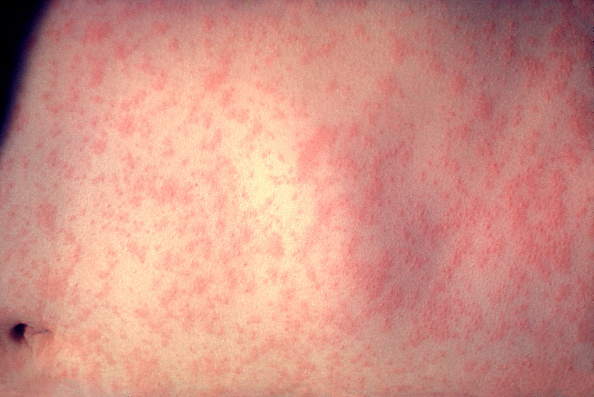
A new study on mice might show promise in the future discovery of a treatment for the itch-causing skin condition. Many people are suffering from this ailment which can cause a chronic itch. Still, there is no plausible treatment found to relieve its discomforts. However, this new discovery shows why itchiness happens and could signal future developments in treatment options.
The scientists from Buck Institute for Research in Novato, California have found a gene involved in chronic itch. In their study published in the journal Neuron, Rachel Brem, author of the study and a geneticist associate professor told Drugs.com, "An estimated 10 to 20 percent of the population will suffer from chronic itch at some point in their lifetime."
According to the National Eczema Association, there is no cure for eczema but it is manageable. Children who have this condition might outgrow it when they become adults while others suffer from it until adulthood. Around one out of three children suffer from eczema in the United States and 31.6 million adults are affected.
To land to their findings, the researchers studied mice and identified a nerve cell receptor called HTR7. It plays a major role in eczema and other conditions causing chronic itch like atopic dermatitis and psoriasis. Those mice with the said gene would have worst itching while those who do not have the gene scratched less.
Even though health experts are questioning that animal studies could not produce the same results when done in humans, the researchers' claim that their discovery could lead to possible development of an effective eczema cure.
"This is a major breakthrough in our understanding of a common, yet, unsatisfactorily treated symptom associated with numerous dermatologic disorders," said Dr. Andrew Alexis, chair of dermatology at Mount Sinai St. Luke's and Mount Sinai Roosevelt in New York City.
